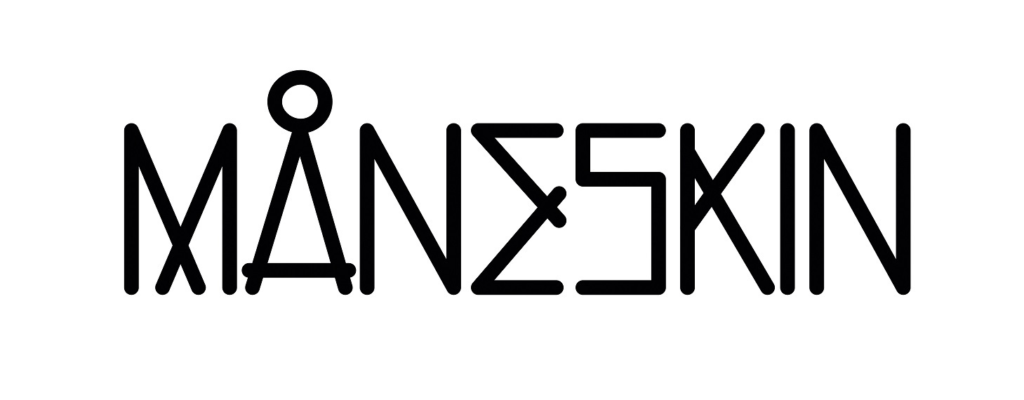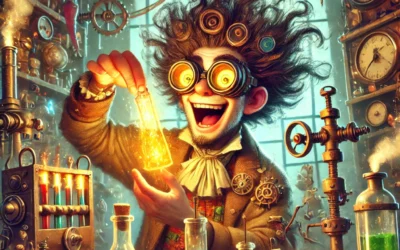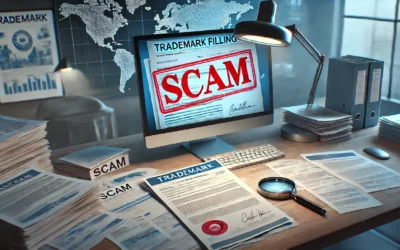The Eurovision Song Contest, known for its outrageous performances, diverse musical styles, and passionate fans has been entertaining audiences across the world for more than half a century.
While the focus of Eurovision has always been on the songs and performances, intellectual property plays an important role for the artists and event organisers. The songs we hear in the competition are protected by copyright laws, but trademarks also play a crucial role for artists and event organisers.
Here’s what artists and event organisers can protect as trademarks.
The name of the event. EUROVISION is registered as a word mark as well as in its logo form. The challenge with event names is often that they are directly descriptive (such as World Cup, Champions League, etc.). If that’s the case, the event name should be registered as a figurative trademark. It’s important to create a strong visual identity for the event. When protecting event names and event logos, it is important to remember to protect the trademark for merchandise products, not only for events. In addition to music events, the EUROVISION trademark covers clothing, games, books, CDs, and many other products.
Theme song, tune or jingle. The Eurovision theme song is also registered as a sound trademark. The song was composed by Marc-Antoine Charpentier in the late 1600s and has been used in the contest since 1954. In fact, it is the first sound trademark ever registered by the European Union Intellectual Property Office (EUIPO).
The primary legal protection for songs is copyright, but songs can also be registered as trademarks. In the case of the Eurovision theme, the copyright would have expired a long time ago. The advantage of trademarks is that they can last forever. Other examples of sound trademarks include the Nokia tune and the Angry Birds tune.

Artist and band names and logos. Artist and band names can be protected with trademarks. In fact, many Eurovision participants have registered their names as trademarks. For example, prior winners like ABBA, MÅNESKIN, and LORDI (to mention a few) have registered their trademarks. It is relatively common for artists and bands to protect their names and logos as trademarks.

EU trademark 017702879
Song and album titles. It is possible to register the names of songs as trademarks, provided that they are distinctive. For example, this year’s runner-up “CHA CHA CHA” would not be distinctive because “cha-cha-cha” is a musical style originating from Cuba. It is a descriptive term, not eligible for trademark protection in relation to music products and services (although it could be registered, for example, for clothing). The 2006 Eurovision winner’s song “HARD ROCK HALLELUJAH” was registered as a trademark. Another example is Taylor Swift’s song titled “LOVER.”
It is also possible for artists and bands to register the album names as trademarks. Again, the name must be distinctive, so “Greatest Hits” would not be registrable, but “Greetings from Asbury Park, N.J” would be.
Album covers. Album covers can be highly unique works of art. The cover is typically subject to copyright protection, but it can also be protected with a trademark registration. For example, the cover of Pink Floyd’s “The Dark Side of the Moon” is registered as a trademark.

Performance outfits. Trademark protection extends beyond words and logos. Eurovision artists often wear outlandish and outrageous outfits. These could also be protected with trademark registration. This year’s Käärijä’s lime green bolero would probably be sufficiently distinctive, not only for clothing but also for musical performances. The outfit certainly distinguished Käärijä from every other competitor. It is noteworthy that a “typical” performance outfit would not be sufficiently distinctive for registration. The American rock band KISS has registered the face paints of the band members as trademarks.

Other considerations
An important feature of the music industry is that much of the revenue is generated not from music and concerts, but from the sale of merchandise like clothing, scarves, headgear, pins, posters, and so on. Merchandise is also where a lot of unofficial products and counterfeits flourish. It is not easy to organise a concert and try to pass on as a famous artist, but it is easy to sell t-shirts bearing the name of a famous artist. Therefore, it is important that when music industry participants protect their brands, they carefully consider all the products and contexts in which their trademarks could be used. This is the case for almost all types of trademarks, like song and album titles, outfits, band names, and so on.
Trademark registrations are also important in managing an online presence. With a registered trademark it is possible to tackle unwanted domain names, websites and social media accounts that try to take unfair advantage of the fame and reputation of a band or artist. Dealing with online infringements is difficult, if not impossible, without a registered trademark.
Conclusion
KISS bassist Gene Simmons has said that if he could, he would trademark the air you breathe. Trademarks are increasingly important in protecting artists and event organisers. Without trademarks, the artists and events are at risk of losing control over their brand. A carefully planned and executed trademark portfolio ensures that the owner can benefit from his or her fame.



